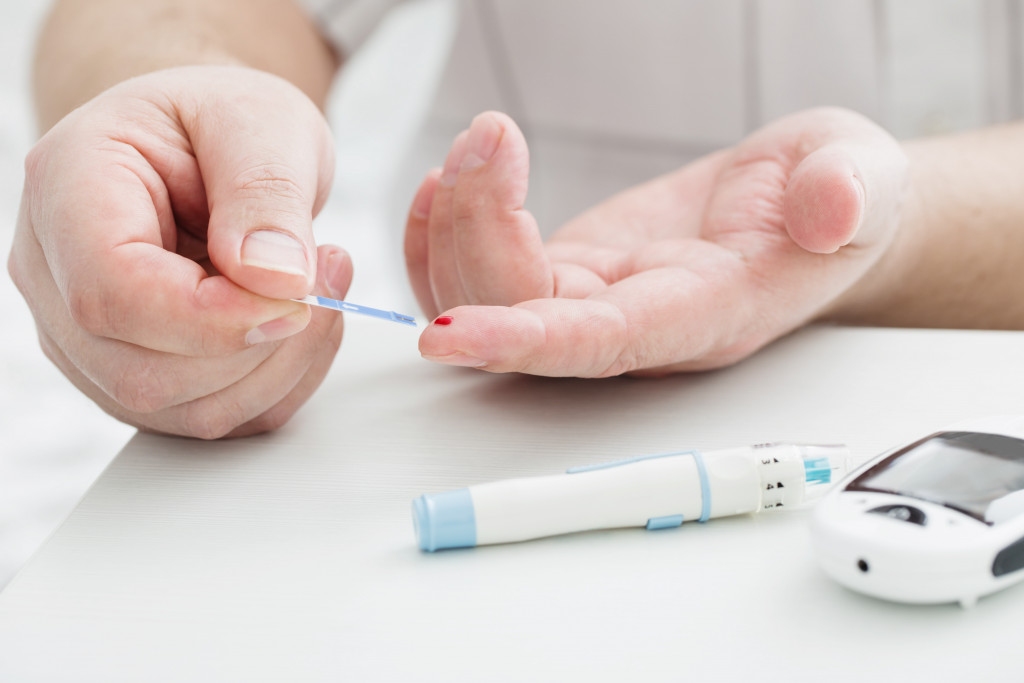Mental illness does not discriminate. It can affect anyone at any age, from any background. It’s even estimated that one in five American adults gets diagnosed with mental illness annually. However, certain people are more susceptible to mental illness than others.
Women, for example, are more likely to experience mental illness than men. In fact, according to the National Alliance on Mental Illness (NAMI), one in five women in the United States will experience a mental health condition in her lifetime. Here are five reasons women are more prone to mental illness than men.
Hormonal changes
Women’s bodies undergo many hormonal changes throughout their lives—during puberty, during pregnancy and childbirth, during menopause—and these changes can trigger or exacerbate mental health conditions. For example, postpartum depression is a type of depression that can occur after a woman gives birth. It’s thought to be caused by the sudden drop in hormone levels after childbirth.
Stress
Women are more likely than men to experience chronic stress. This is due to a variety of factors, including but not limited to workplace discrimination, wage disparities between men and women, the burden of household chores and childcare responsibilities, and societal expectations around beauty and body image. All of this stress can affect a woman’s mental health.
Trauma
Women are more likely than men to experience trauma. For example, one in four women in the United States will be the victim of rape or attempted rape at some point in her life, and one in six women will be the victim of sexual assault or attempted sexual assault. These traumas can lead to post-traumatic stress disorder (PTSD), anxiety, and depression.

Substance Abuse
Women are more likely than men to develop substance abuse problems as a way of self-medicating for mental health conditions such as anxiety and depression. According to NAMI, one in four women in the United States will experience alcohol abuse or dependence at some point in her life, and one in eight women will develop an addiction to drugs such as cocaine or heroin.
Genetics
Mental illness is often hereditary, so if you have a family member who suffers from a mental health condition, you’re more likely to develop one yourself. In addition, since women are more likely than men to have family members with mental illnesses—due mainly to the fact that they tend to live longer than men—they’re more likely to inherit mental illnesses from their relatives.
Mental illness is common, affecting millions of people worldwide. While it can affect anyone at any time, certain people are more susceptible to mental illness than others—women. If you’re a woman struggling with mental illness, know that you’re not alone and there is help available. Additionally, there are ways you can deal with and even prevent these mental illnesses from happening. Here are some of your options.
Ketamine
Ketamine is a new, rapidly-acting treatment for anxiety. Ketamine treatment for anxiety is known to have almost immediate effects, unlike traditional antidepressants, which can take weeks or even months to work. It targets neurotransmitters in the brain to improve mood and alleviate anxiety symptoms. It can also help treat depression and some personality disorders.
Therapy
Talking to a therapist or counselor can help you manage and cope with mental illness. A therapist can provide support, guidance, and strategies for dealing with difficult emotions and situations. Here are some well-known therapy options.
CBT
Cognitive-behavioral therapy (CBT) focuses on challenging and changing negative thought patterns and behaviors to improve mood and overall well-being.
DBT
Dialectical behavioral therapy (DBT) combines CBT with mindfulness techniques to help manage intense emotions, stress, and relationship problems.
Support groups
Joining a support group can provide a sense of community for those struggling with mental illness. In a support group, you can share your experiences and learn from others going through similar challenges. You can find local support groups through NAMI or online communities like The Mighty.
Medication
In some cases, medication may be necessary to manage symptoms of mental illness. A psychiatrist or doctor can prescribe medication and monitor its effects on your well-being. Make sure to talk to your healthcare provider about any medication-related concerns or potential side effects.
Meditation and Exercise
Incorporating relaxation techniques such as meditation into your daily routine can ease symptoms of anxiety and depression. In addition, regular exercise can improve mood, reduce stress, and increase overall well-being.
Self-care
Engaging in self-care activities such as exercise, meditation, yoga, journaling, getting enough sleep, and maintaining a healthy diet can all help improve mental health. In addition, finding healthy coping mechanisms such as these can prevent or alleviate symptoms of mental illness.
It’s important to remember that mental illness is not something one should be ashamed of or feel embarrassed about. Seeking treatment is brave and necessary to lead a happy and fulfilling life. If you or someone you know is struggling with mental illness, resources such as NAMI or therapy are available to provide support and guidance. You are not alone.



